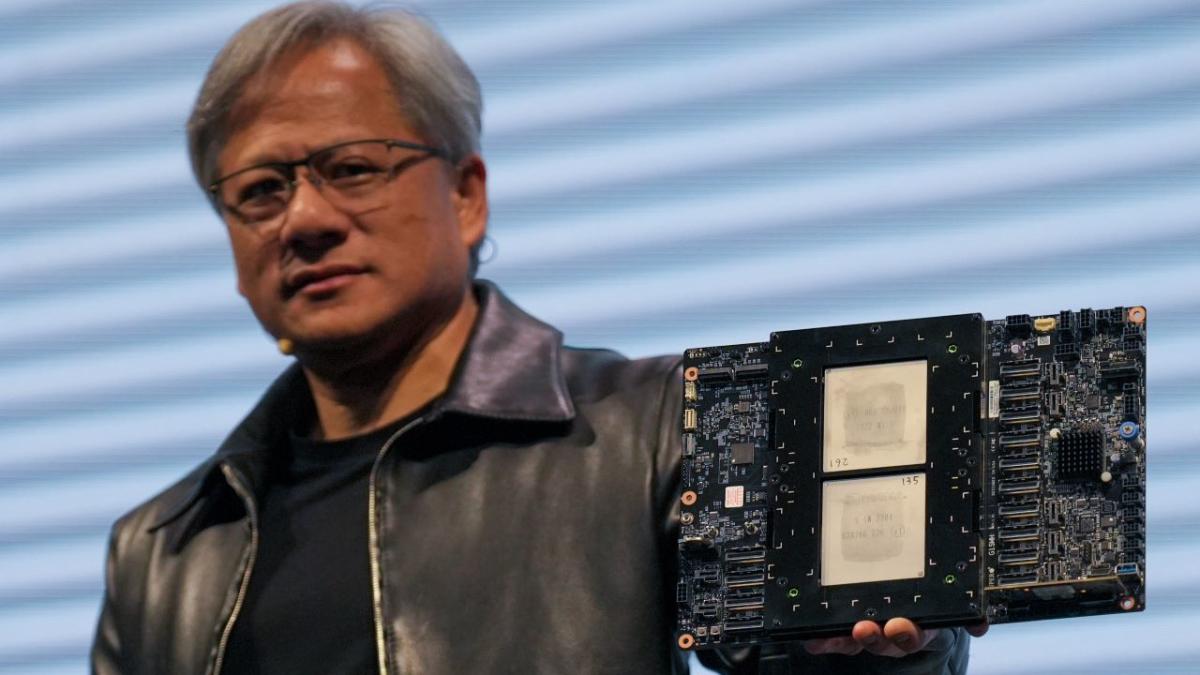China is implementing initiatives to create a level playing field for its artificial intelligence startups, in response to US restrictions on devices that have impacted the access of the nation’s tech giants to AI-training computing resources.
To address the challenges faced by AI startups grappling with escalating data center costs and a shortage of critical chips, at least 17 local governments, including Shanghai, have committed to providing “computing vouchers.” These vouchers, valued between \(140,000 and \)280,000, will support startups in accessing AI data centers for training and managing large language models (LLMs) essential for various business applications involving natural language processing.
Amid stricter US regulations, leading AI companies such as Alibaba, Tencent, and ByteDance have reportedly restricted the use of Nvidia’s GPUs, reserving them primarily for domestic operations and key clients. The Biden administration’s actions over the past two decades have constrained China’s access to vital AI components, prompting businesses to stockpile resources, adapt Nvidia gaming chips, or explore alternative suppliers.
While the subsidies offered by the Chinese government alleviate some financial burdens, industry experts like Charlie Chai from 86Research caution that they only partially address the resource scarcity issue. Additionally, Beijing is considering a subsidy program for AI firms utilizing local chips as part of efforts to reduce reliance on foreign technology.
In parallel, China is advancing efforts to establish alternatives to major cloud service providers, setting up a network of state-operated data centers and online platforms to facilitate access to computing power for AI enterprises. The government’s strategic plan to build 10 data center clusters under the “East Data West Computing” initiative aims to enhance resource allocation efficiency and support the efficient processing of AI workloads.
By opting for government-operated data centers, AI companies could potentially reduce computing costs by 40% to 50%, according to a government official involved in data center development. However, stringent eligibility criteria, such as minimum income thresholds and participation in government-backed research projects, still apply to voucher applicants.
As China promotes the adoption of AI technologies while maintaining regulatory oversight, Beijing has approved over 40 LLMs for widespread use. State-run trading platforms facilitate the centralized distribution of computing resources, with Suzhou, a city near Shanghai, launching a platform to coordinate computing assets, including cutting-edge Nvidia H100 cards, prohibited for sale to China by the US.










